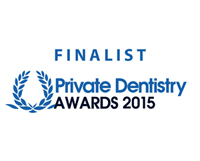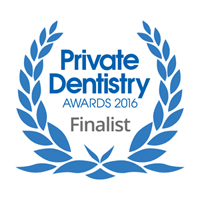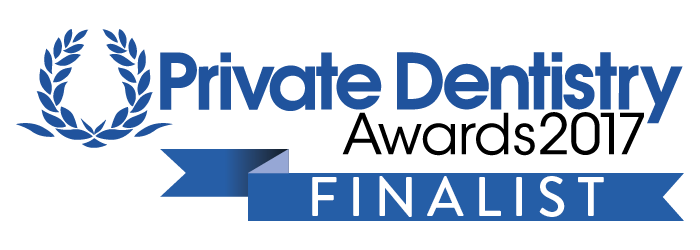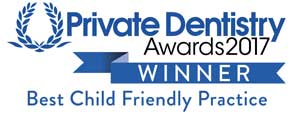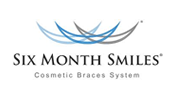
CALL NOW: 020 8673 7727
Blogs
Therapy Helps People with Dental Phobias

People have phobia or anxiety about the different aspects of dentistry including the drills and the injections. Rather than use sedation, people can overcome their fears through cognitive behavior therapy.
Key takeaways:
- Cognitive Behavior Therapy (CBT) helps people to acquire the necessary skills to face their fears such as fear of injections. It is a short-term treatment that involves anything between 6 and 10 sessions.
- People with dental phobias have been found to avoid visiting the dentist and were likely to have cavities and other dental problems.
- CBT is more effective in combating dental phobia than use of sedation since it has a long lasting impact.
Although the training is long lasting, Milgrom said, fear can return and some may need more coaching later. The degree of fear may depend on whether the person is primarily afraid of the dentist or has other psychological problems, he said.
Read the full story here
http://www.everydayhealth.com/news/talk-therapy-tackle-fear-dentist/
Posted by adwords on 20th December 2016, under Oral Hygiene and Prevention
Understand Tooth Whitening
 Tooth whitening doesn’t alter the natural color of teeth in a drastic manner. The net effect of whitening teeth is making the color a few shades lighter.
Tooth whitening doesn’t alter the natural color of teeth in a drastic manner. The net effect of whitening teeth is making the color a few shades lighter.
Key takeaways:
- Teeth staining or discoloration may be caused by the aging process, smoking, tartar, or by drinks and foods such as coffee and red wine.
- Professional teeth bleaching at the dentist’s office is the most common form of teeth whitening. Laser whitening is a new, quicker, and more effective option.
- Tooth whitening may have side effects such as tooth sensitivity, sore throat and pain along the gum line.
The effects of whitening are thought to last up to three years. However, this will vary from person to person. The effect is less likely to last as long if you smoke, or eat or drink products that can stain your teeth.
https://www.dentalhealth.org/tell-me-about/topic/cosmetic-dentistry/tooth-whitening
Posted by adwords on 20th December 2016, under Oral Hygiene and Prevention
Oral Health Tips for Oral Cancer
 You should brush your teeth before bedtime and after every meal with a soft bristled toothbrush. Good oral hygiene will help to fight off oral and throat cancers.
You should brush your teeth before bedtime and after every meal with a soft bristled toothbrush. Good oral hygiene will help to fight off oral and throat cancers.
Key takeaways:
- People who smoke and consume alcohol excessively are at the greatest risk of oral cancer.
- The Human Papilloma Virus (HPV) has been found to cause cancer of the oropharyngeal region, the base of the tongue and the tonsils.
- Regular dental visits for checkups will help to identify symptoms of oral cancer at an early stage and treatment commenced early enough.
According to the National Institute of Dental and Craniofacial Research, the first thing you should do before beginning cancer treatment is to see your dentist. After your treatment begins, be sure to check your mouth every day for sores or other changes.
Read the full story here
http://www.mouthhealthy.org/en/az-topics/o/oral-cancer
Posted by adwords on 19th December 2016, under Oral Hygiene and Prevention
Have You Heard Of Tooth Loss Caused By Diabetes?
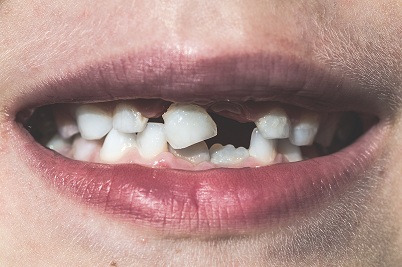 Oral hygiene is critical for people with diabetes. Side effects such as tooth loss and gum disease will not only take their toll but will also negatively affect the control of blood sugar.
Oral hygiene is critical for people with diabetes. Side effects such as tooth loss and gum disease will not only take their toll but will also negatively affect the control of blood sugar.
Key takeaways:
- People suffering from both type 1 and type 2 diabetes had on average ten missing teeth upon oral examination.
- Diabetics were also at high risk of edentulism which is the total loss of teeth. Diabetics have a 28 percent greater risk of being toothless.
- High blood sugar levels were found to disrupt the delivery of nutrients and the removal of waste from gum tissue leading to periodontitis and eventually tooth loss.
While those who have poorly controlled diabetes are most likely to experience tooth decay, even well-managed diabetics are more likely to suffer from periodontal disease.
Read the full story here
http://www.prevention.com/health/diabetes/tooth-loss-side-effect-diabetes
Posted by adwords on 17th December 2016, under Oral Hygiene and Prevention
How Dental Problems Are Associated With High Blood Glucose
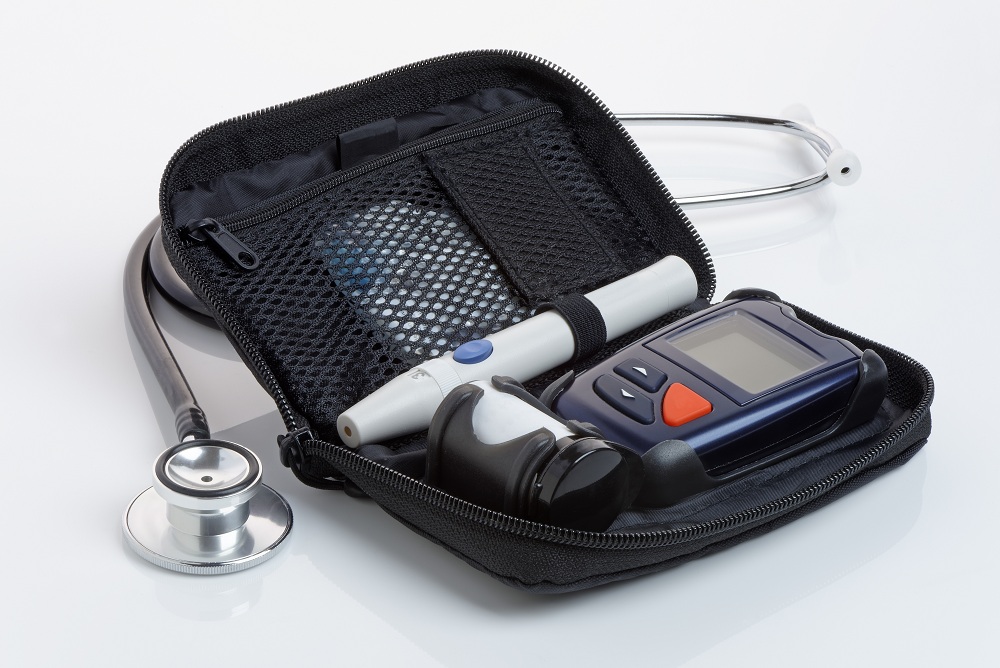 You should let your dentist know if you have diabetes. Diabetes predisposes people to oral health problems especially gum disease.
You should let your dentist know if you have diabetes. Diabetes predisposes people to oral health problems especially gum disease.
Key takeaways:
· High levels of blood glucose cause problems for the teeth and the oral cavity because it promotes growth of harmful bacteria.
· Uncontrolled blood sugar is therefore linked to a greater risk of gum disease.
· Serious periodontal disease on the other side has a high potential of causing the progression of diabetes.
Other dental complications related to uncontrolled diabetes include thrush, an oral fungus, and dry mouth, which can cause sores and ulcers. If you’ve been diagnosed with diabetes, the better you control your blood glucose, the lower your risk is for periodontitis.
Read the full story here
http://www.everydayhealth.com/type-2-diabetes/symptoms/why-dental-problems-make-it-hard-to-control-blood-glucose/
Posted by adwords on 16th December 2016, under Practice Blog
Recommendations That Help To Ease Tooth Sensitivity
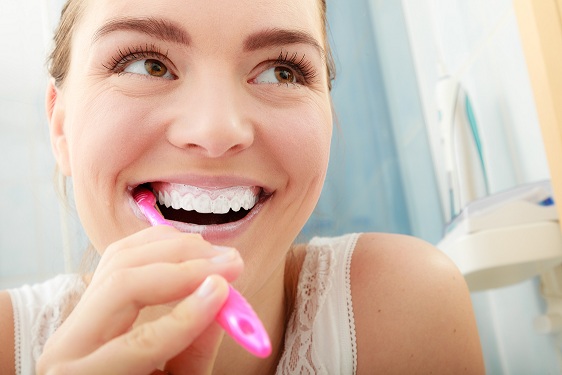 People suffering from tooth sensitivity may benefit from using desensitizing toothpaste. The toothpaste contains ingredients that block the nerve sensation. But there are plenty of ways to prevent sensitivity.
People suffering from tooth sensitivity may benefit from using desensitizing toothpaste. The toothpaste contains ingredients that block the nerve sensation. But there are plenty of ways to prevent sensitivity.
Key takeaways:
- Brush your teeth gently using a soft-bristled toothbrush twice every day. You should use short strikes following the up and down movement.
- Rinse your mouth with fluoride mouthwashes after brushing to protect teeth from cavities and tooth decay.
- Stay away from highly acidic foods and drinks such as citrus fruits and citrus fruit-based juices that will cause enamel erosion leading to sensitive teeth and tooth decay.
If you have severely sensitive teeth, you might want to consider an in-office dental treatment. Gel fluoride treatments (available in higher concentrations than you’d find in over-the-counter products), crowns, inlays, or bonding can all help cover sensitive areas on your teeth, the ADA says.
Read the full story here
http://www.everydayhealth.com/hs/dental-health/8-ways-relieve-tooth-sensitivity/#09
Posted by adwords on 15th December 2016, under Oral Hygiene and Prevention
How Prosecco Can Damage Your Teeth
 Prosecco, a white wine, is preferred over red wine due to the low calorific content. As a result, people have been oblivious to the damage the wine causes to teeth.
Prosecco, a white wine, is preferred over red wine due to the low calorific content. As a result, people have been oblivious to the damage the wine causes to teeth.
Key takeaways:
- The odd glassful of Prosecco, a sparkly wine, has been blamed for enamel erosion on the teeth.
- Prosecco is a popular drink among women, but has caused great damage to their teeth even without their knowledge.
- The wine damages teeth through sugar that feeds bacteria in the mouth and through high amounts of carbon dioxide that is highly acidic. Acid causes enamel erosion and weakening of teeth.
And dentists know if the erosion in your mouth is being caused by drinks rather than food because the front teeth – which are in contact with liquid the most – are the first to be affected.
Read the full story here
Posted by adwords on 14th December 2016, under Oral Hygiene and Prevention
How to Take Care Of Baby Teeth Extractions
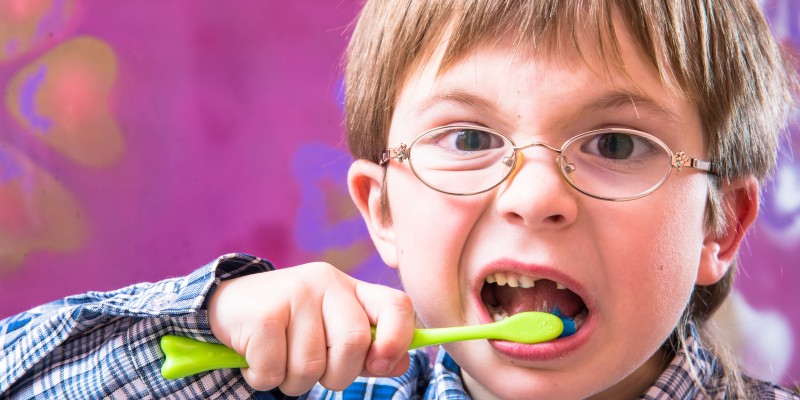 Pulling out teeth is a painful experience, but less painful when children lose their baby teeth.
Pulling out teeth is a painful experience, but less painful when children lose their baby teeth.
Key takeaways:
· Tooth extraction is associated with bleeding. The dentist will use a small piece of gauze to prevent excessive bleeding.
· Your child should get some rest after tooth extraction to avoid excess bleeding.
· You should keep the mouth clean by swishing some saline water. It will help to prevent infection at the site of extraction.
You can also give your child painkillers such as Tylenol and Ibuprofen after the blood clot has formed. However, remember not to give your child any pain medication before the extraction appointment as it can lead to blood clotting issues.
Read the full story here
http://www.thehealthsite.com/diseases-conditions/how-to-take-care-of-baby-teeth-extractions-t0916/
Posted by adwords on 13th December 2016, under Oral Hygiene and Prevention
Do You Suffer From Fear of the Dentist?
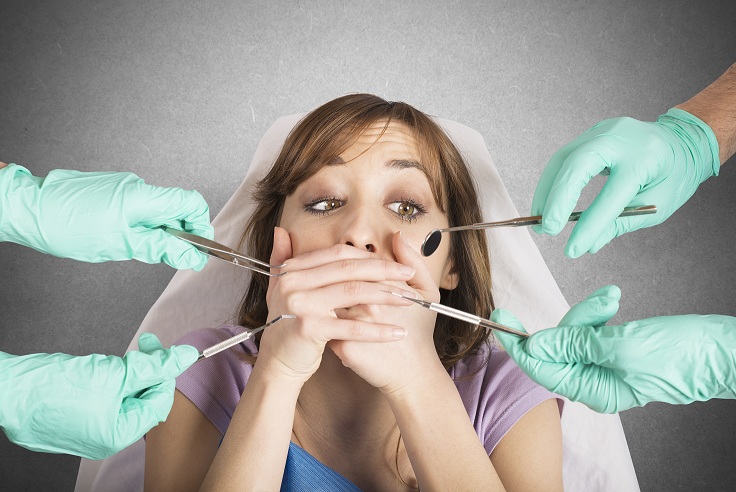 If you dread a visit to the dentist, you’re certainly not alone. It is estimated that one in four people are fearful about dental work.
If you dread a visit to the dentist, you’re certainly not alone. It is estimated that one in four people are fearful about dental work.
Key takeaways:
- Some people have serious dental problems,including severe pain, because they are afraid of dentistry.
- Today’s dentists are trained to provide stress-free, pain-free dental treatments, using new technology and techniques. They can provide gentle sedation, if necessary, to keep patients comfortable.
- There’s nothing more to fear, and every reason to get the dental treatment you need. Your dental health affects your overall health, including heart health. And, no one should live with dental pain.
- Often, simply booking an early morning appointment will help combat the phobia – as you have less time to think about the visit. Also, meeting the dental team helps provide comfort. Talk to the dental team, and share your fears. They will be very helpful in overcoming the phobia, and very encouraging.
Some people have such bad dental phobia that they haven’t seen a dentist for years. It’s common to hear from someone in their twenties or thirties or even older who hasn’t been to the dentist since childhood.
Read the full story here
http://www.nhs.uk/Livewell/dentalhealth/Pages/Fearofthedentist.aspx
Posted by adwords on 11th December 2016, under Oral Hygiene and Prevention
Take Advantage of Technology to Brush Your Teeth
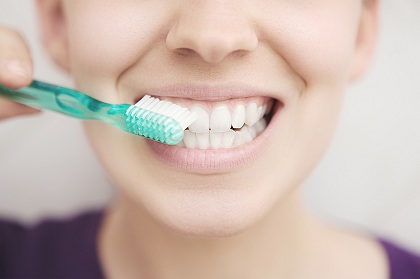 We are in the age of electronic teeth brushing that ensures cleaner teeth. Meet the app-friendly toothbrush.
We are in the age of electronic teeth brushing that ensures cleaner teeth. Meet the app-friendly toothbrush.
Key takeaways:
- The Genius Pro 8000 was one such toothbrush that has been developed by Oral-B with fancy features just as the name suggests.
- The toothbrush can be paired with the Oral-B smartphone app, which can provide real-time feedback on your brushing procedure.
- The app helps to track the position of the toothbrush in the mouth ensuring that you do not leave out areas of the mouth or over brush in certain areas.
The toothbrush can be personalized with 12 different LED colours, and features a round head that surrounds each tooth while it oscillates.
Read the full story here
http://dailyhive.com/toronto/dh12days-2016-oral-b-toronto
Posted by adwords on 9th December 2016, under Oral Hygiene and Prevention
Eating Disorders Associated With Poor Oral Health
 Eating disorders are linked to a number of health complications, including oral problems.
Eating disorders are linked to a number of health complications, including oral problems.
Key takeaways:
- Eating disorders can cause severe and irreversible damage in the mouth.
- Highly corrosive stomach contents in vomit will cause erosion of tooth enamel which leads to sensitive and brittle teeth and makes them vulnerable to decay.
- Failure to get the required nutrients such as iron and vitamin B will lead to canker sores and bad breath
Although it can be difficult to talk about your eating disorder, it’s a good idea to tell your dentist about your eating problem. Having said that, eating disorders are often characterized by denial and even shame and so suffers may not be immediately open.
Read the full story here
Posted by adwords on 8th December 2016, under Oral Hygiene and Prevention
Health Tip: Coping with a Toothache
 A toothache can be debilitating. Rather than become miserable, there are ways to ease the pain.
A toothache can be debilitating. Rather than become miserable, there are ways to ease the pain.
Key takeaways:
- Stay away from cold water; instead use warm water to gently rinse the mouth.
- Floss teeth gently and regularly to get rid of food particles that may be stuck between teeth.
- If the pain is unbearable or persists, visit a dentist for a checkup and appropriate treatment.
Never place aspirin on gums or teeth that hurt, as it could cause burns on gum tissue.
Read the full story here
Posted by adwords on 7th December 2016, under Oral Hygiene and Prevention
The Different Types of Teeth
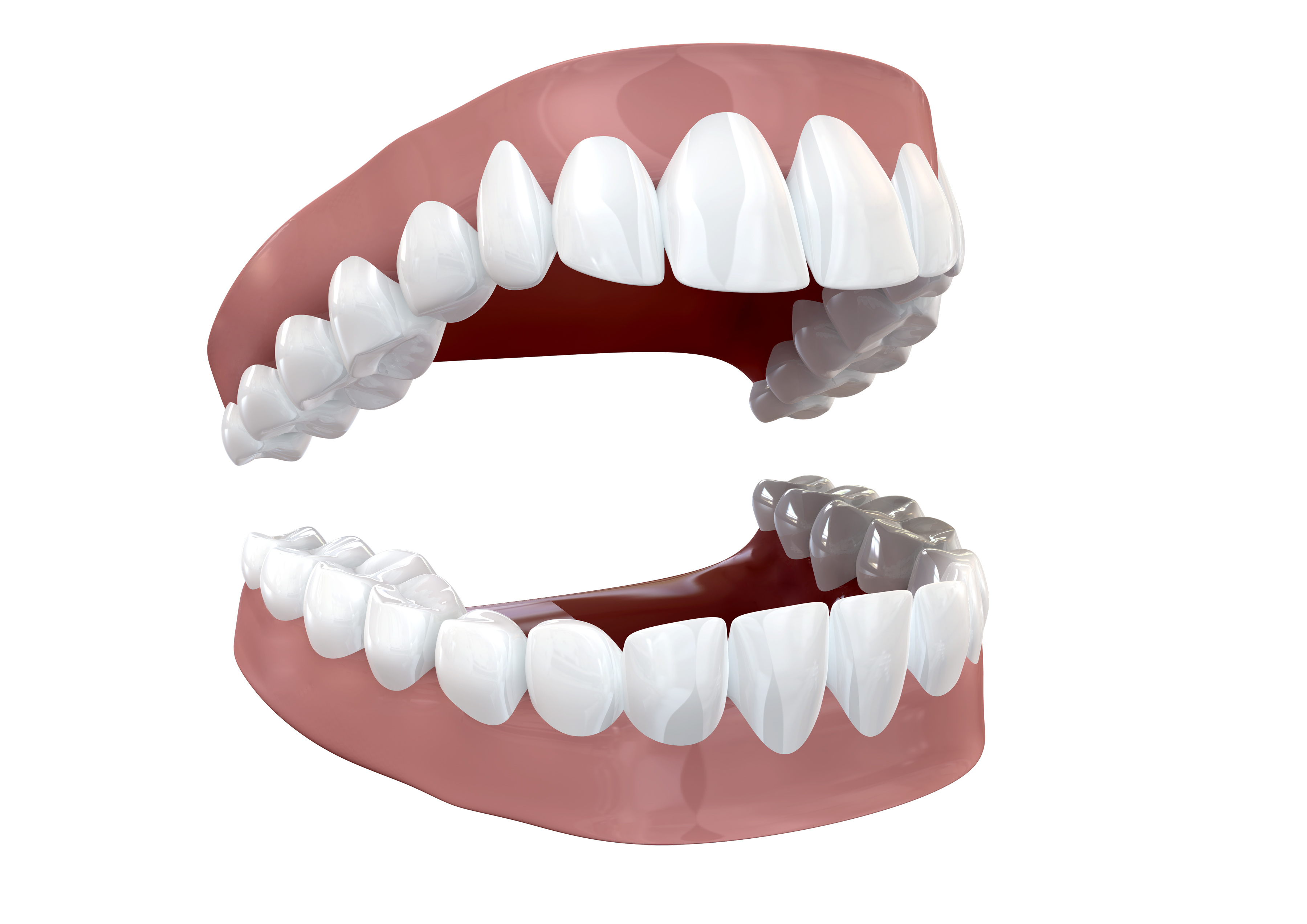 You may have wondered why your teeth are different from each other. Each tooth in the mouth plays a unique role when eating.
You may have wondered why your teeth are different from each other. Each tooth in the mouth plays a unique role when eating.
Key takeaways:
- Incisors are the teeth at the front of the mouth and are the sharpest. Incisors are used to cut food and shovel it further into the mouth.
- The molars are the biggest teeth with a flat chewing surface to that helps to chew and grind food into small pieces.
- Canines are found in the corner of the mouth and have long roots. They are used to grasp and tear food.
Premolars are located just behind your Canine teeth. Premolars have a more flat chewing surface because they’re meant for crushing food.
Read the full story here
http://healthyteeth.org/different-kinds-of-teeth/
Posted by adwords on 6th December 2016, under Oral Hygiene and Prevention
Dental Tweaks Linked To Minimal Pain and Discomfort
 Edge bonding is a relatively new procedure cosmetic procedure. The procedure is just one of many sought ways of enhancing your smile and appearance.
Edge bonding is a relatively new procedure cosmetic procedure. The procedure is just one of many sought ways of enhancing your smile and appearance.
Key takeaways:
- Laser contouring helps to reshape a “gummy smile.”
- Icon, a revolutionary whitening treatment, has been used to get rid of fluorosis, the white spots found on individual teeth.
- Smile sculpting through the use of Botox has helped people get the perfect smile. A Botox injection on the two sides of the nostrils helps to lift the upper lip.
If you’re looking to expand your smile, new nuances in brace technology, including ‘arch expansion’ (widening the upper jaw so the top and bottom teeth fit together better), can help.
Read the full story here
http://www.telegraph.co.uk/beauty/face/teeth-tweakments-will-make-look-instantly-younger/
Posted by adwords on 6th December 2016, under Oral Hygiene and Prevention
What to Know About Baby’s First Teeth
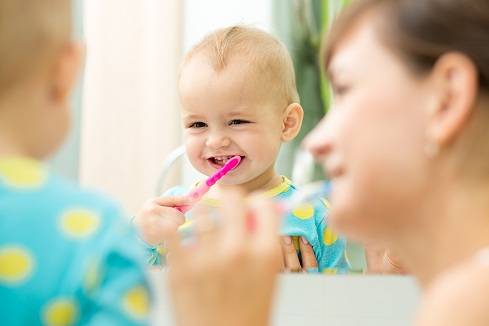 Even though the time of appearance of baby’s first teeth may vary slightly, the majority of babies begin teething at six months. The following tips will help parents navigate through this period.
Even though the time of appearance of baby’s first teeth may vary slightly, the majority of babies begin teething at six months. The following tips will help parents navigate through this period.
Key takeaways:
- Baby teeth begin to appear between 6 and 12 months and parents should ensure that baby gets fluoride.
- Don’t use teething necklaces, teething tablets and teething gels which may present health problems.
- Baby teeth should be brushed twice everyday with fluoride to maintain clean, strong and healthy teeth.
Brush baby’s teeth twice daily with a fluoride toothpaste. Talk to your dentist about whether to use a fluoride varnish.
Read the full story here
Posted by adwords on 5th December 2016, under Oral Hygiene and Prevention
Recommendations Towards Clean Healthy Teeth
 A healthy well balanced diet is important for healthy teeth and healthy gums. People are advised to get rid of habits that prove detrimental to the teeth.
A healthy well balanced diet is important for healthy teeth and healthy gums. People are advised to get rid of habits that prove detrimental to the teeth.
Key takeaways:
- Avoid biting the nails since they will cause harm to the teeth and the jaws.
- Snacking all day on sugary items at irregular times presents problems for the teeth.
- Avoid jaw clenching and teeth grinding that may cause cracked teeth and jaw pain.
Brushing and flossing are frequently touted as ways to keep your teeth healthy, but there also are habits that you should avoid to keep your pearly whites in tip-top shape.
Read the full story here
Posted by adwords on 4th December 2016, under Oral Hygiene and Prevention
Dental Cleanings Lower Risk of Pneumonia
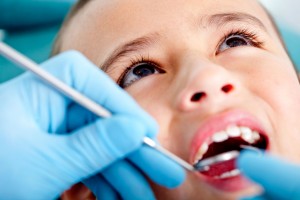 Regular checkups should be an important component of preventive healthcare. Cleanings during dental checkups have been shown to reduce risk of bacterial pneumonia.
Regular checkups should be an important component of preventive healthcare. Cleanings during dental checkups have been shown to reduce risk of bacterial pneumonia.
Key takeaways:
- The mouth is never free of bacteria. However, good oral healthcare will limit the numbers of bacteria.
- Regular dental cleanings help to reduce the amount of bacteria that cause lung infections hence reducing the risk of pneumonia.
- People who never go for dental checkups have an 86 percent greater risk of suffering from bacterial pneumonia.
“There is a well-documented connection between oral health and pneumonia, and dental visits are important in maintaining good oral health,” study author Dr. Michelle Doll said in an IDWeek news release.
Read the full story here
Posted by adwords on 30th November 2016, under Oral Hygiene and Prevention
Excellent Reasons Parents Should Save Their Kid’s Baby Teeth!
 There are long-term benefits of storing away baby teeth, according to the National Institute of Dental and Craniofacial Research. Baby teeth are the most valuable source of stem cells.
There are long-term benefits of storing away baby teeth, according to the National Institute of Dental and Craniofacial Research. Baby teeth are the most valuable source of stem cells.
Key takeaways:
· Baby teeth can stored away through institutions that offer the cryopreservation services.
· Baby teeth are a source of the most powerful stem cells that have the capability of turning into any imaginable cell type.
· These stem cells can be used to repair damaged cells in the heart, pancreas and the brain with a high likelihood of success.
This removes the need to wait for a bone marrow donor if your child ever needs stem cells. It also increases the likelihood that their body will accept the stem cells – something that’s not always certain when they come from a donor.
Read the full story here
Doctors Urge Parents To Save Their Kid’s Baby Teeth! Here’s Why!
Posted by adwords on 25th November 2016, under Oral Hygiene and Prevention
Get Your Toddler to Adopt a Regular Oral Health Routine
 You may be on the verge of giving up on getting your toddler brush their teeth. Even the pros struggle to get these young children to brush their teeth.
You may be on the verge of giving up on getting your toddler brush their teeth. Even the pros struggle to get these young children to brush their teeth.
Key takeaways:
- Even though they eventually fall off, baby teeth are important for function and in guiding the permanent teeth into their positions.
- Your children should brush with a proper toothbrush right after the first tooth appears to prevent oral health problems.
- Tooth brushing time should be made fun to ensure that baby complies with brushing their teeth at least twice every day. Kid toothpaste that contains fluoride should be used for brushing.
While you should brush twice a day, doing it before bed is most important, because while your tot is lying (generally) still, bacteria have a chance to grow undisturbed. And any sugar left in the mouth, from milk or food, gives bacteria an even better environment in which to grow.
Read the full story here
Posted by adwords on 24th November 2016, under Oral Hygiene and Prevention
Why Do Teeth Hurt?
 The intense pain you feel from your teeth could be caused by a number of factors. Remember, teeth are made up of living tissue called dentin.
The intense pain you feel from your teeth could be caused by a number of factors. Remember, teeth are made up of living tissue called dentin.
Key takeaways:
· Tooth pain is in most cases caused by cavities, which are holes forming on the enamel layer of teeth.
· The exposed dentin will register pain upon pressure or contact with hot and cold substances. Bacteria will enter through cavities, eventually causing inflammation and infection in the cavity.
· Gum disease caused by bacteria is yet another cause of tooth pain. Receding gums will expose the roots of teeth causing severe pain.
Nerves in the cavity will scream with every sip of hot coffee, every bite of cold ice cream, and will often require a root canal, which scoops out the inflamed pulp and replaces it with a rubbery material, according to the American Association of Endodontics (AAE).
Read the full story here
http://www.livescience.com/56856-why-do-teeth-hurt.html
Posted by adwords on 23rd November 2016, under Oral Hygiene and Prevention

